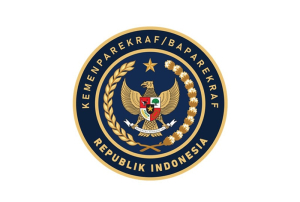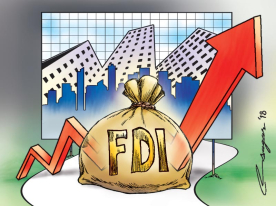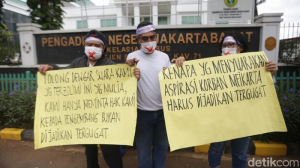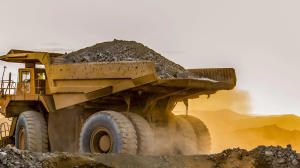Sorong develops fish cannery industry
West Papua has been developing a fish cannery industry in Sorong Special Economic Zone (SEZ) with an investment of IDR 1.67 trillion since 2020. The industry is part of the Investment Coordinating Board (BKPM)'s 47 national projects.
Sorong regency is one of the largest cities in West Papua province. It is close to Raja Ampat regency, which is famous for its diving spots offering rich species of coral reefs and is considered as the heart of the world's coral reef biodiversity. Sorong city was recorded to have a population of about 254,294 people in 2019. Its area spans 1,105 square kilometers (sqkm). Meanwhile, the regency has a total area of 13,075.28 sqkm and a population of 118,679 people in 2020, with its capital in Aimas.
West Papua, with its capital in Manokwari, has a total area of 102,946 sqkm. In 2021, it had a total population of 1,156,840, who mostly are Christian Protestants with a percentage of 54.2%.
Fish cannery industry
The Sorong SEZ in West Papua is a project from BKPM with an interest rate of return (IRR) of 27.58%, a net present value (NPV) of IDR 321.44 billion and a payback period of 6.7 years.
Sorong SEZ is managed by PT Malamoi Olom Wobok (MOW) with shares owned mostly by the Sorong regency administration. The area's electricity is supplied from the mini gas power plant (PLTMG) with 100MW supported by 2 electricity substations. It also has 5 Base Transceiver Station (BTS), Jetty facility or a special petroleum port, a Ro-ro (Roll-on Roll-off) ship wharf and Arar Port with an area of 4 hectares and a harbor made of concrete with a length of 100 meters and is operated by Ministry of Transportation.
The fish cannery industry in the SEZ is a cannery factory on tuna and skipjack fishes. Its production rate growth increases every year by about 5.1%. The production system is based on make-to-order, making the production rate never reaches 100%. The industry absorbs 149 labor workers and operates about 300 days in a year. The project will also support other businesses such as the fish bone meal factories, animal feed factories, shrimp paste factories, can industries and salt industries.
Risks in Sorong
The Agrarian and Spatial Planning Ministry had said in 2021 that Sorong City was vulnerable to natural disasters such as floods, landslides, earthquakes and tsunamis.
Sorong Head of Environmental Protection and Management Office, Julian Kelly Kambu, said on December 9, 2021, that a lot of areas in Sorong were below sea level.
Tag
Already have an account? Sign In
-
Start reading
Freemium
-
Monthly Subscription
30% OFF$26.03
$37.19/MonthCancel anytime
This offer is open to all new subscribers!
Subscribe now -
Yearly Subscription
33% OFF$228.13
$340.5/YearCancel anytime
This offer is open to all new subscribers!
Subscribe now






